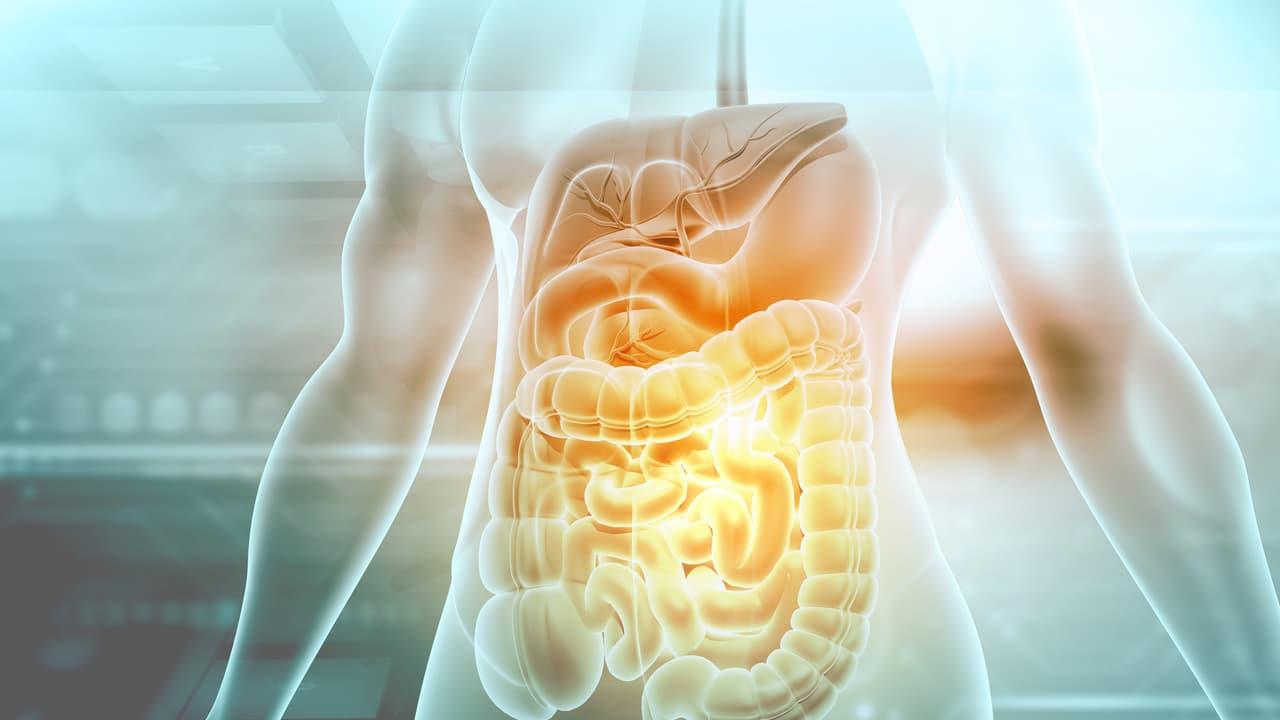Gut Bacteria Fuel Drives Diabetes And Liver Disease, Canadian Study Finds
A team of Canadian scientists has uncovered an unexpected driver of diabetes and liver disease: a hidden fuel made by gut bacteria. The findings, published on July 29, 2025, in Cell Metabolism, point to an entirely new way of tackling metabolic disease before it takes root.
A microbial fuel with a big impact
Researchers at McMaster University, Université Laval, and the University of Ottawa found that a little-known molecule, D-lactate, produced by gut microbes, can slip into the bloodstream and overstimulate the liver. Once inside, it pushes the liver to make excess sugar and fat - raising blood glucose and fueling fatty liver disease.
While scientists have long understood the Cori cycle - a fuel exchange between muscles and the liver involving the more familiar L-lactate - this study adds a new twist. Gut bacteria, it turns out, are also part of this metabolic conversation, but with a more dangerous accent.
Blocking the harm before it starts
To stop D-lactate's damaging effects, the team designed a“gut substrate trap” - a biodegradable polymer that binds to D-lactate inside the gut, preventing it from entering the body. When tested in obese mice, the trap lowered blood sugar, improved insulin resistance, and reduced liver inflammation and scarring - all without any changes to diet or body weight.
“This is a completely new way to think about treating metabolic diseases,” said lead author Jonathan Schertzer, professor of biochemistry and biomedical sciences at McMaster.“Instead of targeting hormones or the liver directly, we're intercepting a microbial fuel source before it can do harm.”
Why it matters
Obesity and type 2 diabetes continue to rise worldwide, and fatty liver disease has become one of the most common liver disorders. Current treatments often focus on managing symptoms or lifestyle changes, but this discovery suggests that targeting the gut directly could be a game-changer.
By shining a light on the role of D-lactate, researchers have opened the door to new therapies that block harmful microbial fuels before they enter circulation - a promising strategy in the fight against diabetes and liver disease.
Legal Disclaimer:
MENAFN provides the
information “as is” without warranty of any kind. We do not accept
any responsibility or liability for the accuracy, content, images,
videos, licenses, completeness, legality, or reliability of the information
contained in this article. If you have any complaints or copyright
issues related to this article, kindly contact the provider above.
Most popular stories
Market Research

- UK Digital Health Market To Reach USD 37.6 Billion By 2033
- Ethereum-Based Meme Project Pepeto ($PEPETO) Surges Past $6.5M In Presale
- Lowkick Studio Launches $SHARDS Token On Top Tier Exchanges For Worldshards MMORPG
- BILLY 'The Mascot Of BASE' Is Now Trading Live On BASE Chain
- Bitget Launches PTBUSDT For Futures Trading And Bot Integration
- What Are The Latest Trends In The Europe Luxury Watch Market For 2025?






















Comments
No comment